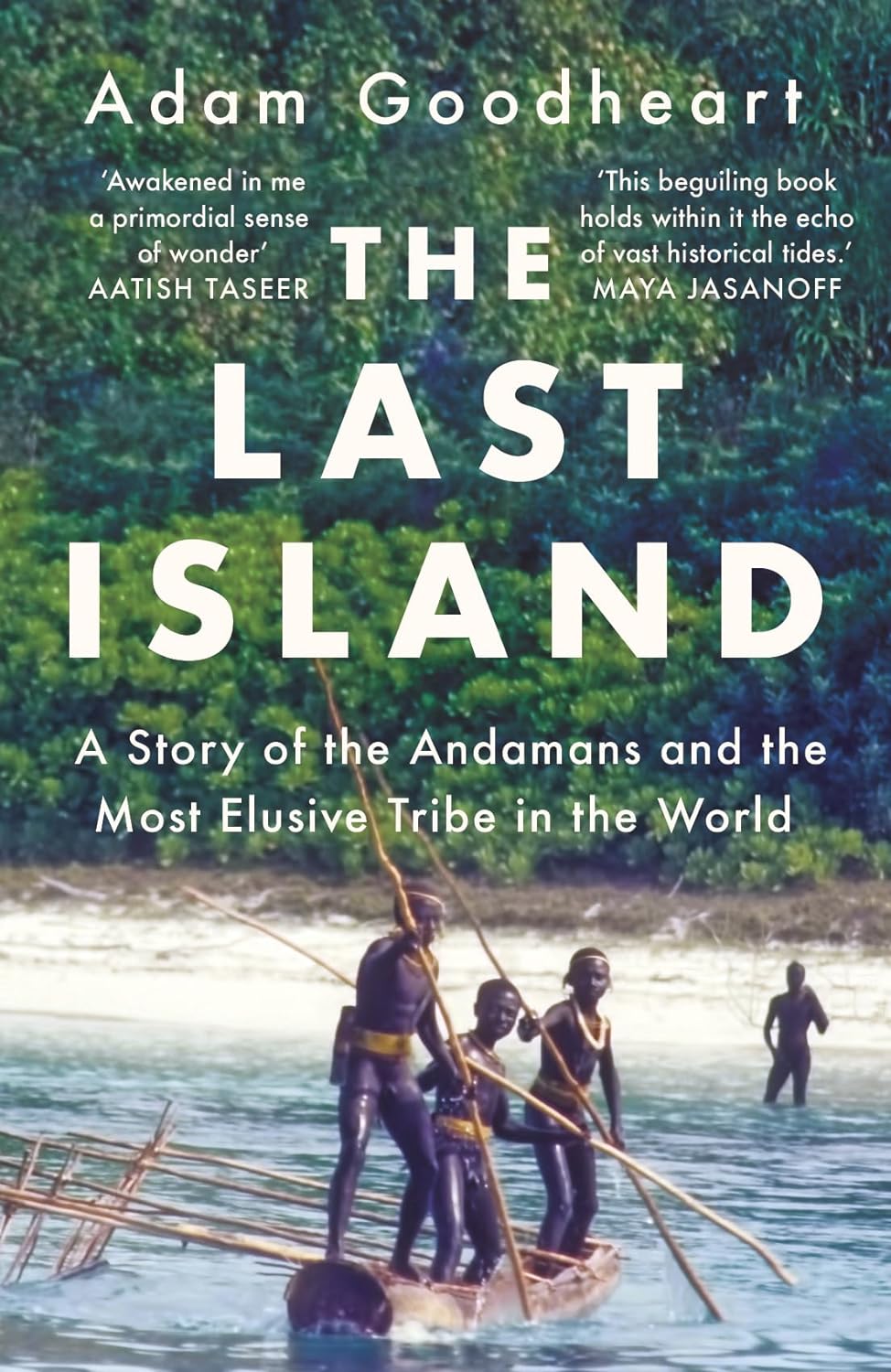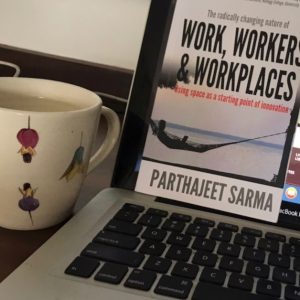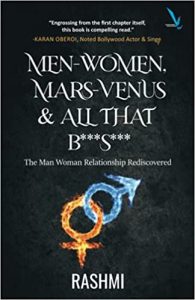The Last Island by Adam Goodheart (juggernaut) tells the story of the elusive Sentinel tribe, found in the distant Andaman Islands. The tribe has resisted contact with the outside world ever since the British colonisers first set their sights upon them. The book starts off with a history of how the Sentinel Island was discovered, the impact of colonisation on the Andaman Islands as a whole, the varied attempts to contact this specific tribe, the current state of things and so on. The book, albeit a well-researched work of non-fiction, reads like an adventure story!

Back to the time when the colonisers first sighted the island, the efforts of the British to “civilise” the natives backfired with disastrous consequences. The books takes an informed look at how modernity may not always be for the best of the natives and that civilisations must have a right to evolve organically without being forced to surrender to the prevailing norms of the times.
Recently, there has been a lot of talk about how colonialism has impacted different countries around the world. The very discovery of the Andaman and Nicobar Islands and more specifically the Sentinel Island is also very intricately intertwined with the advent of the British colonisers in India. The various dealings and the approach that the British had towards the natives is quite telling of this impact.
Goodheart has put a finger on the pulse of the island through two visits to the Andaman and Nicobar Islands with a substantial time gap of decades between them. While he did not have a direct encounter with the Sentinelese, he did spend a lot of time on the Andamans in order to get a first hand feel of the area, the complexities faced by the tribes and the impact of colonialism at first and modernism and globalisation in recent times, the essence of the islands.
I do admire the extent of research that Adam good heart has undertaken for this book. For instance, various chronicles by an English officer called Maurice Portman gives us a sense of the workings of the Sentinels. The author discovers the personal journal of Portman in British archives and presents a very nuanced and holistic portrayal of the man’s interactions with the tribe.
One of the most fascinating aspects of this book is the intense research, and then the piercing together of all those bits and pieces to get a somewhat comprehensive view of the island, and it’s elusive inhabitants. All this is sprinkled with humour, a critical view of the colonisers, empathy with the natives and a deep sense of curiosity. I really felt that I was reading an adventure book!
The last Island is a great book to get a sense of the sentinel tribe, indeed the most elusive tribe in the world. I think it is a beautiful example of how travel writing based on authentic research and experiences can even read like an adventure book. However, at the heart of it, there is a deep empathy of the impact that the so-called developed world has been having on native settlements. In that sense, the book is truly humane.
Exciting as it is to know more about the sentinel tribe, as I read the book, I shared a sense of sadness with the author, on the fact that the Sentinelese have now been dragged out of the low-key confines of their space within which they were cocooned…and the world now knows about them. And we know what happens when the world knows.




